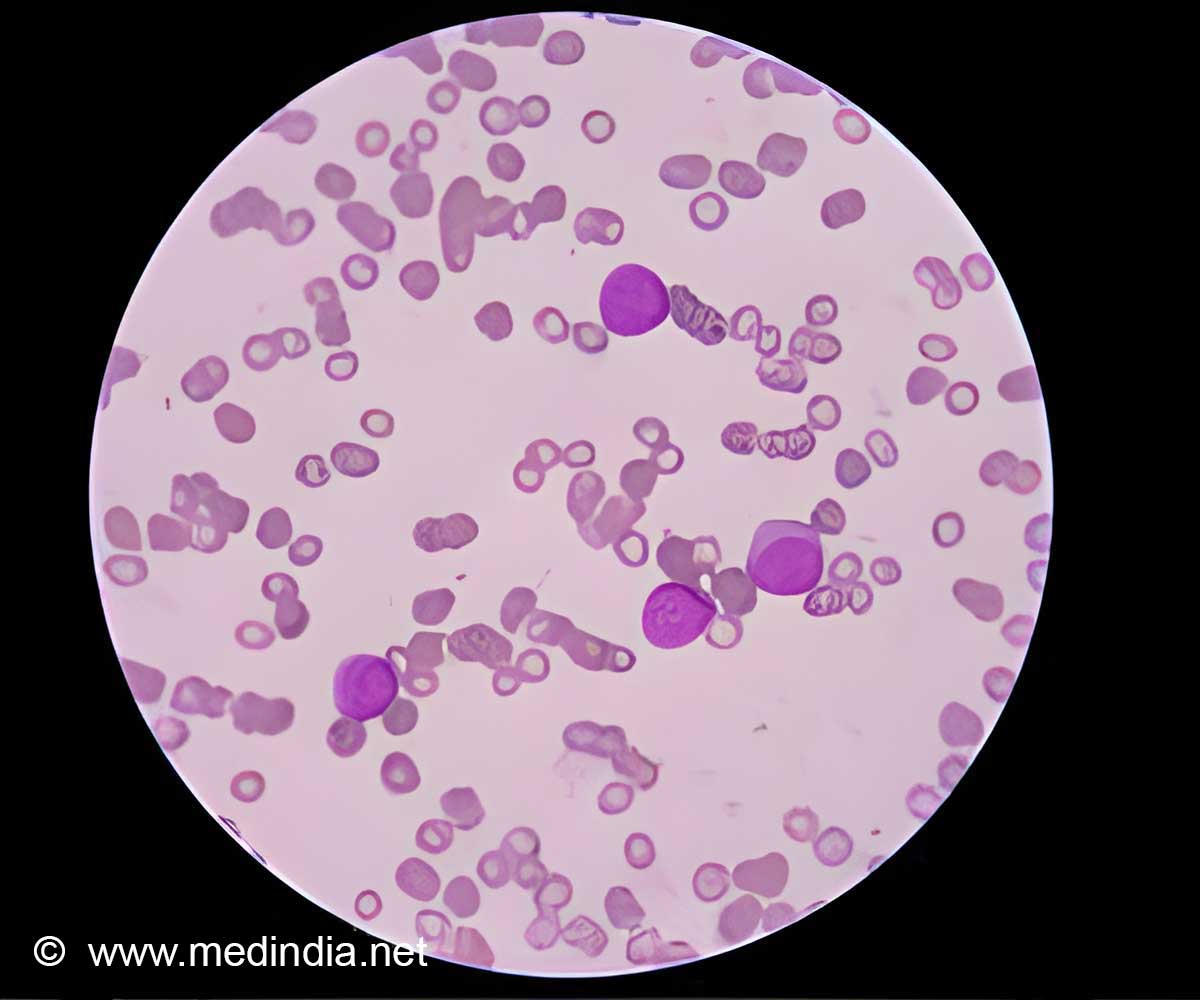
‘Venetoclax in combination with cobimetinib or idasanutlin for a prior blood disease, refractory acute myeloid leukemia, had minimal side effects.’
Tweet it Now
Preliminary results from the ongoing dose-escalation study, demonstrate that the combination therapies can be safely administered with minimal side effects. "This is the first clinical study evaluating new oral combinations with venetoclax in AML patients," said Konopleva. "This is significant as effective treatment options for patients with relapsed and/or refractory AML are limited."
Venetoclax, which inhibits the B-cell lymphoma protein (BCL-2) that makes cancer cells resistant to therapy, was previously FDA-approved for treatment of chronic lymphocytic leukemia (CLL).
Idasanutlin is an investigational drug targeting a protein called MDM2 which impacts the tumor suppressor gene p53, while cobimetinib targets a protein known as MEK within the cancer cell and is FDA-approved for treatment of advanced melanoma with BRAF mutation.
Andreeff and Konopleva also led the pre-clinical investigation resulting in the clinical trial. The pre-clinical research demonstrated unprecedented in vivo activity, as well as a new molecular mechanism explaining how the inhibitor drugs impact MDM2 which is tied to regulation of p53, and BCL2 - both linked to cell death.
Advertisement
"We demonstrated that p53 activation overcomes the resistance to BCL-2 inhibition by promoting MCl-1 degradation and overcoming cell death response by altering cellular response," said Andreeff.
Advertisement
Dose escalation is being used in the clinical trial to establish the maximum tolerated dose for each drug combination in the elderly patient with relapsed AML, an area of unmet need, according to Daver.
"The best response rates, up to 50 percent in relapsed AML, were seen for the combination of venetoclax and idasanutlin, in line with the preclinical data," he said. "However, these results will require confirmation in larger patient groups."
Source-Eurekalert












